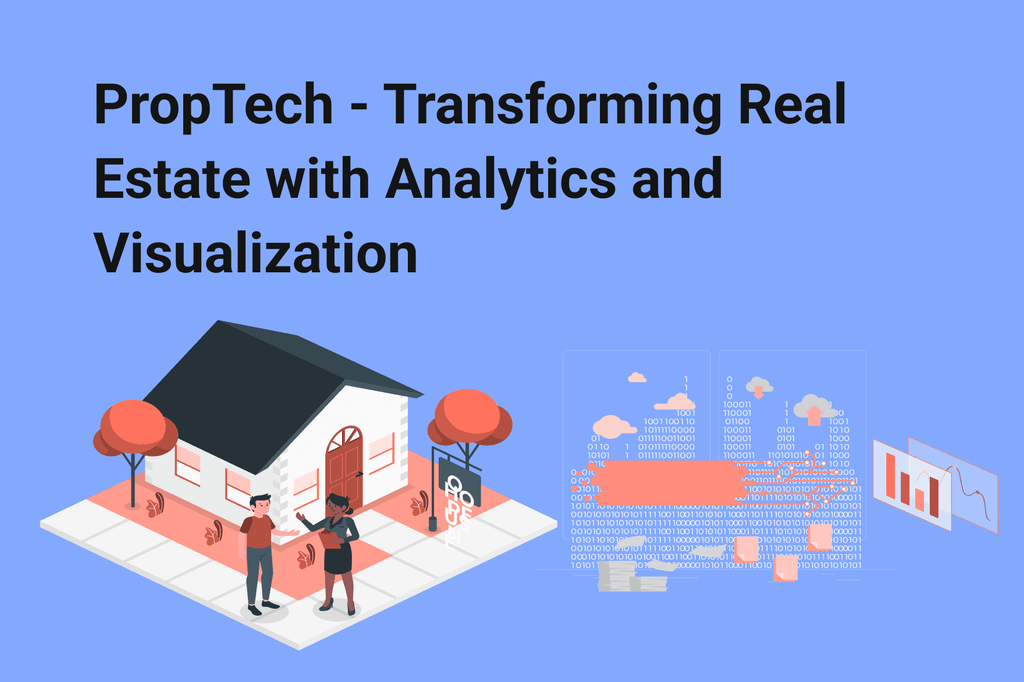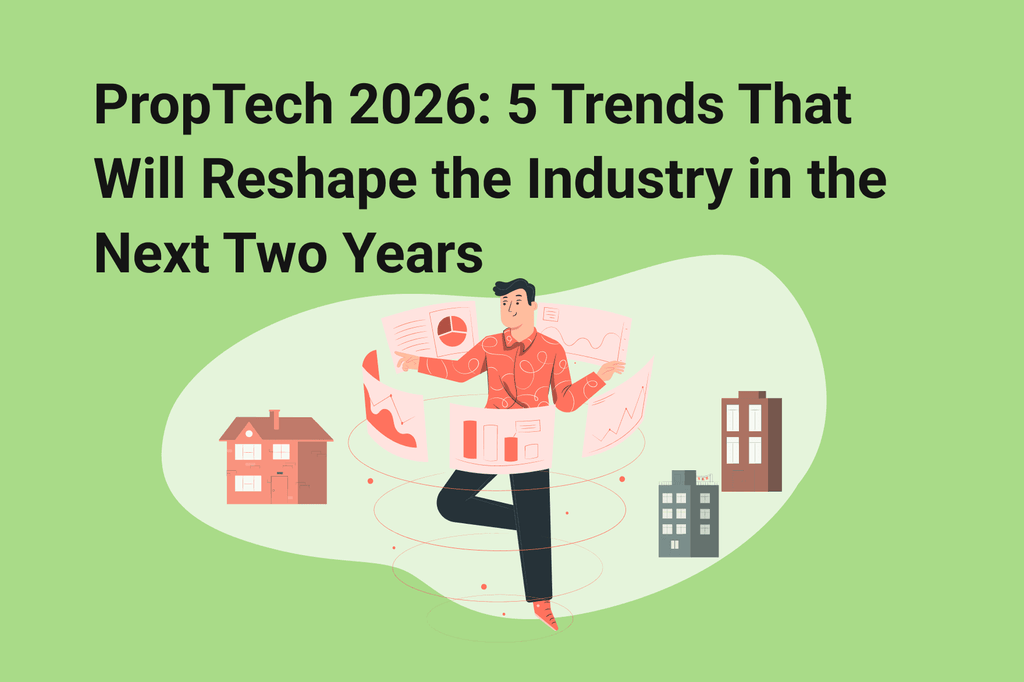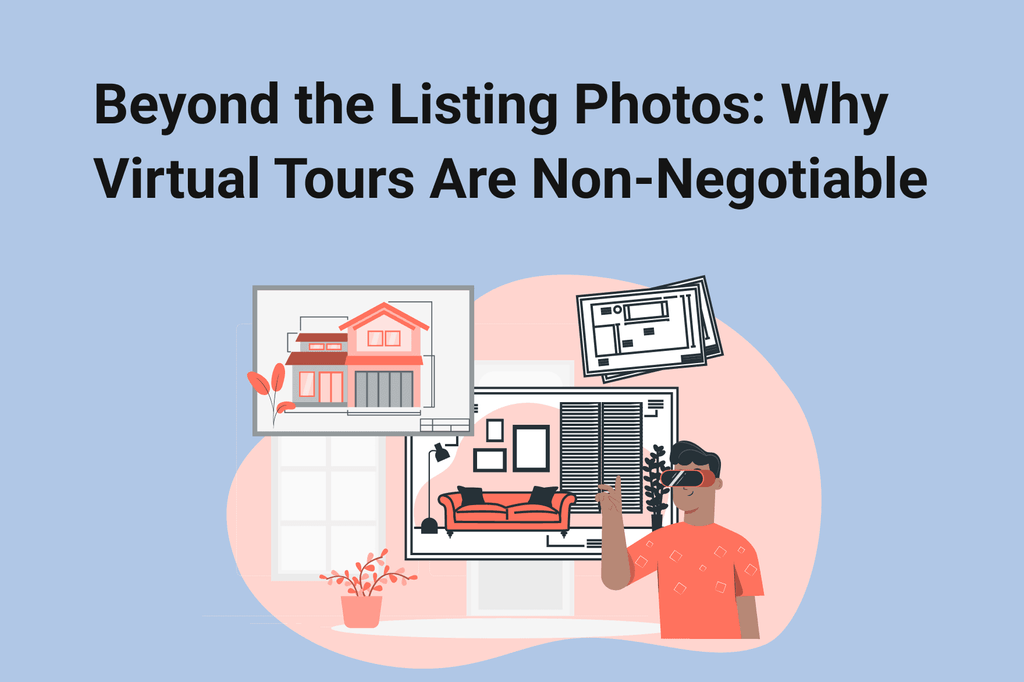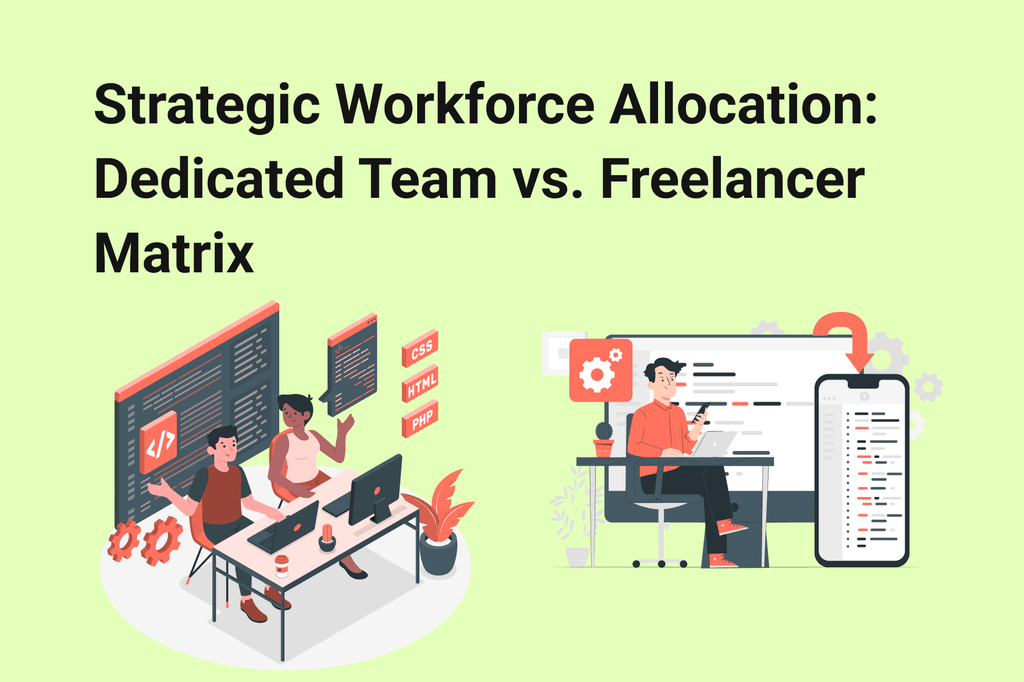
Don’t know where to start?
We will advise you on the best way to realize your idea, leveraging our expertise
FAQ
What role do analytics and visualization play in digital transformation within the real estate industry?
Analytics and visualization tools contribute significantly to digital transformation in real estate by providing insights, improving decision-making processes, and enhancing customer experiences. Through data-driven decision making, real estate professionals gain valuable insights into market trends, customer preferences, and risk management strategies. Visualization aids in creating virtual tours, generating easy-to-read reports, and presenting complex data sets, thereby improving the quality of decisions made.
How can PropTech solutions enhance productivity and competitiveness in the real estate market?
PropTech solutions leverage technologies such as artificial intelligence (AI), machine learning (ML), and the Internet of Things (IoT) to optimize internal processes, increase productivity, and strengthen competitiveness. By utilizing analytics, companies can optimize business processes, detect downtime, and enhance service delivery to customers, leading to faster decision-making and reduced overhead costs. Additionally, technologies like AI and ML enable predictive analytics, facilitating more accurate assessments of market trends and investment risks.
What are some emerging technological trends transforming the future of PropTech?
Several emerging technological trends are shaping the future of PropTech, including Artificial Intelligence (AI) and Machine Learning (ML), Geographic Information Systems (GIS) technology, Blockchain, Virtual Reality (VR), Augmented Reality (AR), and the Internet of Things (IoT). These technologies enable real-time predictive analytics, enhanced data visualization, secure transactions, immersive customer experiences, and efficient data collection through IoT devices. Integrating these technologies into PropTech solutions can revolutionize real estate operations, improve decision-making processes, and drive business growth.
Table of contents:
Want to estimate your app idea?




